
India bans exports of alleged coronavirus drug
It will be limited to fulfilling existing contracts and humanitarian grounds.
India has banned the exports of a malaria drug backed by US President Donald Trump amidst a run on supplies globally, even as preliminary findings emerge that the medication isn’t better than regular care in the treatment of the coronavirus.
Exports of hydroxychloroquine will be limited to fulfilling existing contracts, whilst certain shipments on humanitarian grounds may also be allowed on a case-by-case basis, according to a statement issued 25 March by the Directorate General of Foreign Trade.
India has some of the world’s largest manufacturers of the finished drug as well as its component ingredients, and the move is likely to crimp global supply at a time when the medication is receiving unprecedented global attention.
Hospitals and consumers in the US are stockpiling the drug after Trump called it a “game changer” in the treatment of the coronavirus and vowed to make it widely available. However, there is no conclusive scientific evidence that hydroxychloroquine can treat the infection from the novel pathogen.
Read more from Bloomberg.
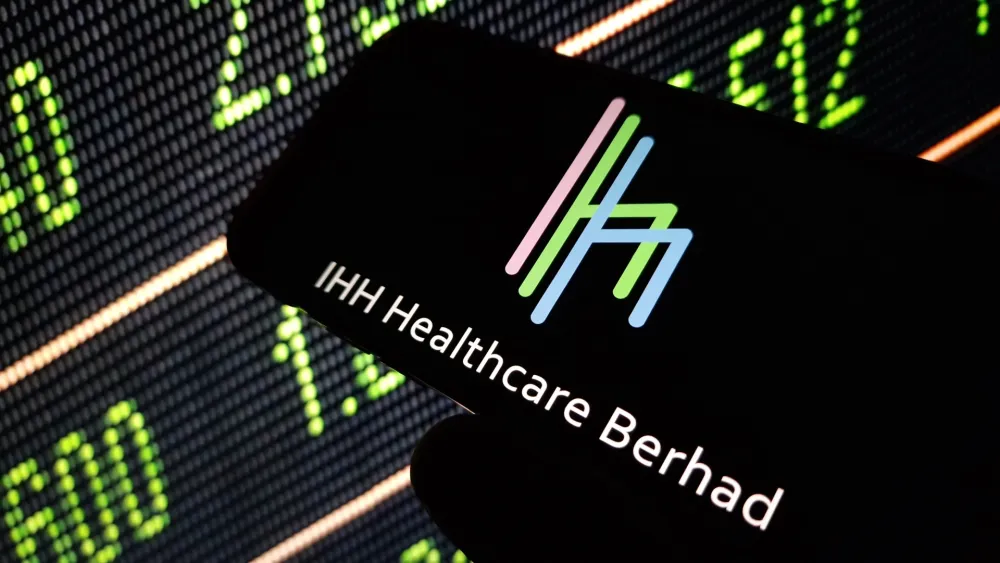
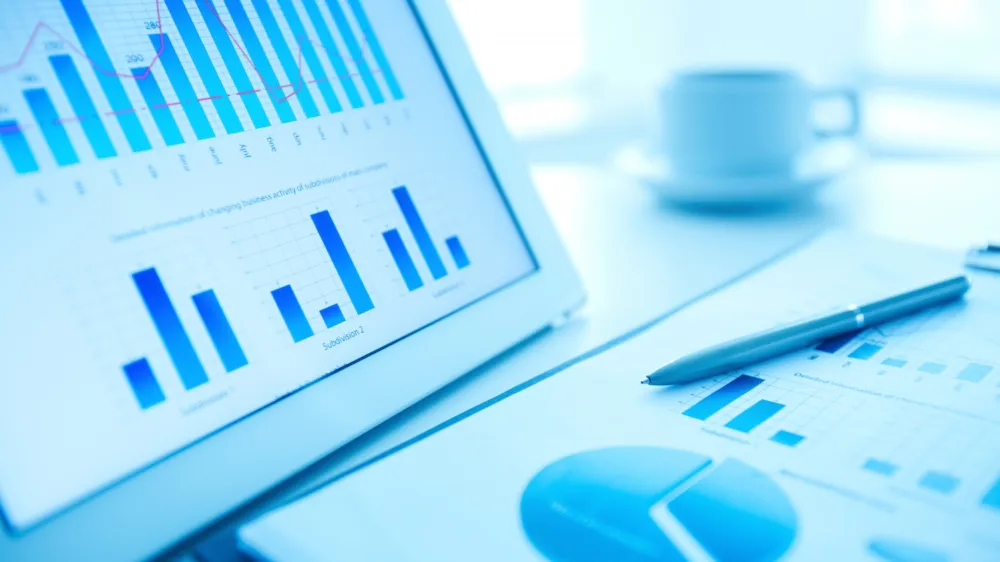
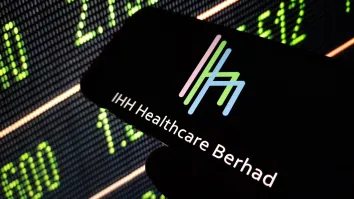
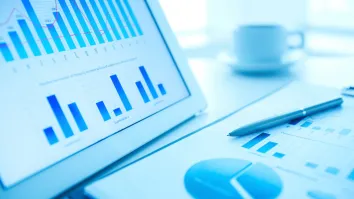
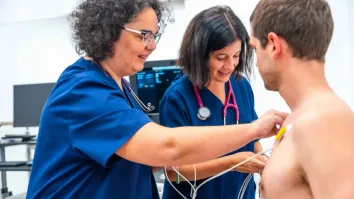














 Advertise
Advertise






